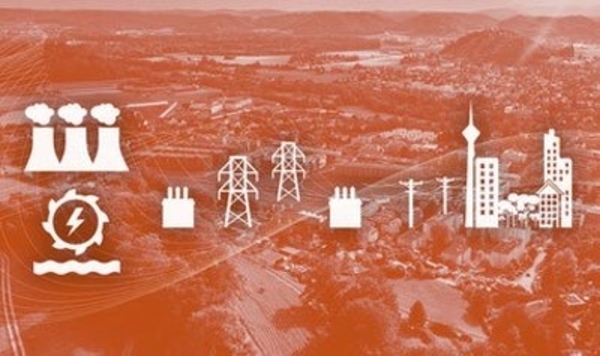Price:
3118 EUR
Contact
Delft University of Technology
Description
Energy markets are governed by the laws of economics. Generators and consumers interact to shape the transactions in the energy markets, and thus the energy system. But how does the 'invisible hand' of economics show up in practice? What determines electricity prices and why are they always changing? Why is it so difficult to encourage investment in electricity generation?
This course will help you understand the functioning of energy markets as the necessary first step to promotion of the energy transition. By using the European electricity market as an example, you will obtain a deeper understanding of its principles and effectiveness.
You will investigate four main areas:
the basics of the energy markets;
the operation and design of those markets;
how policy makers can promote investment in electricity generation;
how the electricity network operates and how network tariffs are determined.
Insightful videos will explain the driving factors behind energy markets. Interactive assessments will demonstrate how the merit order is chosen for different types of markets and how this determines the market price. Live practice sessions will take you through the auctions and marketplaces where electricity trading takes place today, giving you invaluable knowledge on the inner workings of these markets and the effects of network capacity.
Whether you are interested in learning about how the merit order in energy markets works or how the European electricity market is organized; or interested in understanding the economics behind electricity consumption, examining the economic problems of incorporating renewable energy sources into the current system; or simply want to become informed about what makes the energy markets tick -this is the course for you.
This course will address all of these questions and more. Upon completion of the course, you will be able to take on questions, problems or challenges thrown at you about the nature of energy markets and their operation.
This course is the first course in the program: The Economics of the Energy Transition. This program aims to help strategic decision makers, economists, policy advisors and regulators as well as practicing and future engineers to obtain a deeper understanding of the topic. Its aim is to increase your understanding of energy markets, the current European electricity market and to be able to promote the investments necessary for achieving the energy transition.
Specific details
Category of Education
Business and Economics







 How to resolve AdBlock issue?
How to resolve AdBlock issue? 


Comments (0)